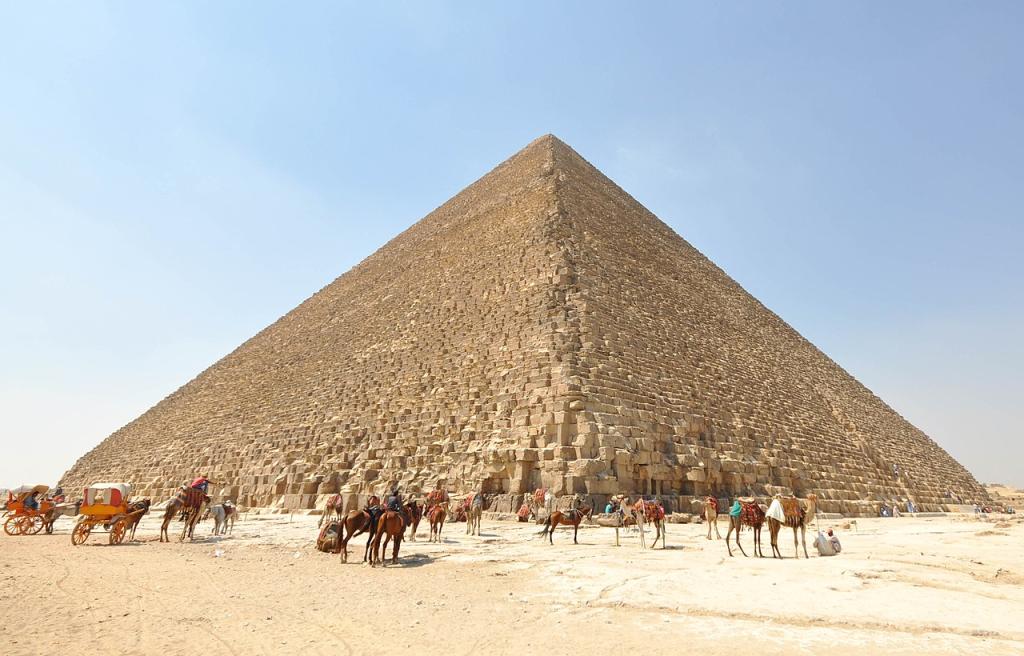One of the perennial problems of Biblical Interpretation is figuring out what exactly the Bible is trying to teach us. NOT, what are all the subjects mentioned in passing, but what subjects does the Bible teach us about. The list of what it doesn’t teach us about is much longer than what it does, for example the Bible is not a scientific textbook of any sort. It does not teach cosmology, it does not teach evolution, it does not teach the theory of gravity, it does not teach us human anatomy and I could go on. There is nothing in the Bible which would tell us the age of the universe, or cause us to look at the recent telescope shots from deep space of all the other stars, galaxies, the light of which has travelled for many light years to get here, and say ‘no that’s a bunch of nonsense’. The subject matter of the Bible is history, more particularly salvation history, theology, and ethics. Period. All kinds of things go wrong when you try to squeeze out of the Bible various kinds of information it does not intend to teach us.
For example, consider the following true story that happened to me the very year, and right after, Neil Armstrong landed on the moon. My friend Doug Harris and I were riding in the mountains of N.C. on a nice August day on the Blue Ridge Parkway when the clutch blew out, and as the Bible says– my countenance fell. There are no gas stations on the Parkway so we had to be pushed off an exit ramp down into a Texaco station where the mechanic had no clue how to replace a clutch on a 1955 Chevy Belair. So we had to hitchhike back to High Point in the middle of the state, and we were immediately picked up by two very ancient persons in an old black Plymouth, dressed in black. Doug, who later became quite the loquacious lawyer asked the driver once we got going what he thought of the moon landing and all those beautiful pictures of that blue ball called the earth revolving round and round. The drivers response was memorable ‘That’s all fake. Just a Hollywood stunt.’ Doug not recognizing invincible ignorance when he saw it was prone to argue. ‘Why’ he asked, ‘don’t you think it happened?’ The driver said ‘Says in the book of Revelations (beware of people who call the last book of the Bible that. That is not the name of that book, its Revelation singular) that the angels will stand on the four corners of the earth the earth can’t be round if it’s got four corners can it?’ At that point I said to Doug, ‘Just hush. We need this ride.’
Now what was wrong with the man’s logic? He assumed that the book of Revelation was teaching him geography and cosmology, when in fact it was simply teaching theology in particular eschatology– namely that the angels will come from all points on the compass to gather the saved. Period. Yes things go terribly wrong when we try to extra info from the Bible which it was not intended to teach.
Another good example would be anthropology and human biology. Most of the ancients, including the most advanced culture in Egypt believed the heart was the control center of the human person– the center of thoughts, feelings will. Today we know it is simply a pump. The brain is the control center of the human person. So when the Psalmist says ‘cleanse the thoughts of my heart by the inspiration of your Spirit’ he is simply reflecting the cultural assumptions of his age and is not trying to teach us anything about human biology. What he’s trying to teach us is theology— all of us need internal cleansing of our thoughts by the Holy Spirit. Period. One has to be able to distinguish between what the Bible is intending to teach us, and what it it merely touches on. Another good example would be the numerous uses of the phrase the sun rose, the sun set, phrases we also use. This is just the use of phenomenological language because the sun appears to rise and set from our limited point of view on earth. Today we know the earth revolves around our sun.
Equally orthodox Christian can disagree on which subjects the Bible teaches us on and which it doesn’t and what to do with statements that fall into the second pile, but these sorts of distinctions are key to understanding how to read the Bible.













